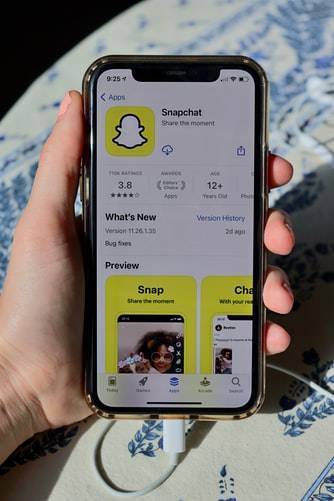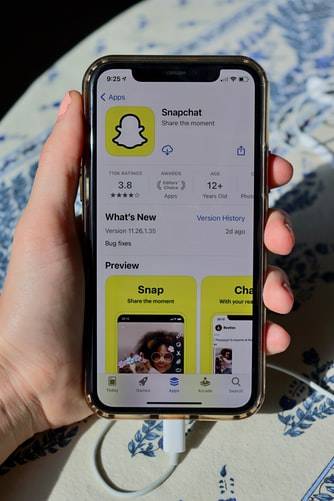Snap Inc. has suspended two external applications that allow users to send anonymous messages through Snapchat after a lawsuit sought to hold them responsible for a teenager's death, according to the Los Angeles Times. This action follows a lawsuit filed by the mother of a teenager from Oregon who died by suicide last year, months after receiving bullying messages via Yolo and LMK.
The Q&A apps utilize Snap Kit, a set of tools that enables developers to connect with the Snapchat platform. A spokesperson for Snap stated: “In light of the serious allegations raised by the lawsuit, and out of an abundance of caution for the safety of the Snapchat community, we are suspending the integration of Yolo and LMK’s Snap Kit while we investigate these claims.”
Yolo and LMK were developed by third-party developers and integrate with Snapchat through Snap Kit. LMK allows users to create polls and Q&A for their Snapchat friends to answer, while Yolo focuses on questions and answers. Both services enable users to send messages anonymously, which allegedly facilitates online bullying to a degree that the applications should be considered dangerous, according to the lawsuit. When the family found the teenager dead last year, his phone records showed he searched for "how to reveal a YOLO username online" on the same day.
The lawsuit claims that he received anonymous bullying messages for several months, mocking him for incidents at school. Both applications promise various protections against bullying on their platform, with Yolo reportedly warning users during setup that it does not tolerate rejected content or abusive users, while LMK's FAQ states that it strives to protect its community via a mix of automated and human moderation.
The plaintiffs argue that the two apps violate consumer protection laws by not enforcing their own terms of service. Section 230 of the Communications Decency Act of 1996 generally protects social media companies from users' actions. This section typically applies to posts rather than app functionalities, and U.S. courts have recently shown a willingness to hold platforms accountable when a specific integration is deemed dangerous.
Last week, an appeals court ruled that Snap could be sued over its speed filter, following allegations that it encourages reckless driving. The prosecution indicated that the product design promotes dangerous behavior, as users believe that reaching speeds up to 100 miles per hour signifies an accomplishment.




